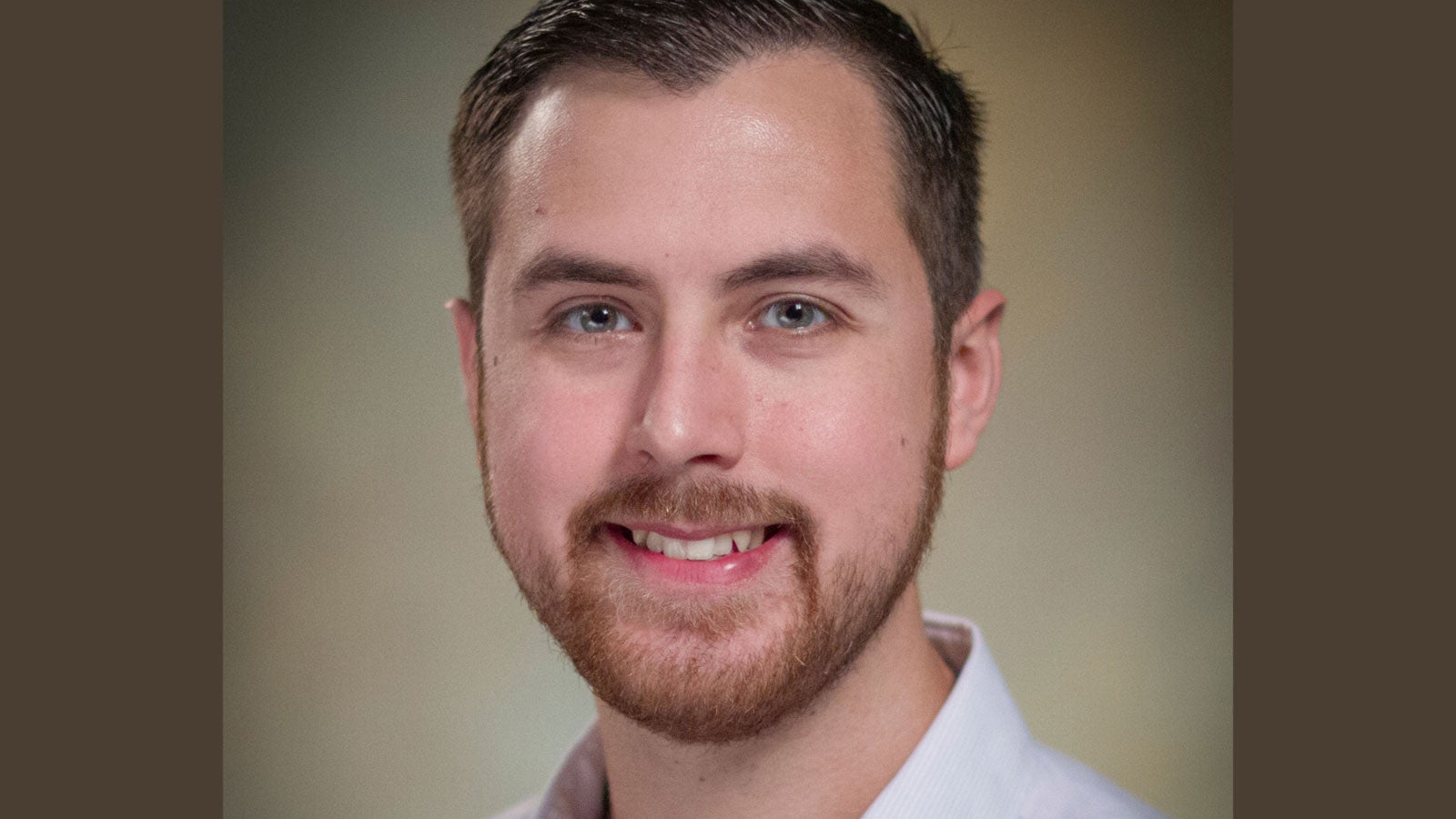A team of researchers from Rice, the MD Anderson Cancer Center and New York University, led by Adrian Celaya, a fourth-year graduate student in computational applied mathematics and operations research (CMOR), won third place in the Brain Tumor Segmentation (BraTS) challenge at the 2024 International Conference on Medical Image Computing and Computer Assisted Intervention.
The research focused on the segmentation and analysis of adult gliomas, or tumors. More than 100 teams submitted projects to the competition.
“Our research focuses on developing machine learning-based methods for medical imaging applications. This includes developing techniques for segmentation and using machine-learning approaches to solve partial differential equations with the aim of using these to speed up the modeling of diseases in the clinic,” said Celaya.
The team used MIST (Medical Imaging Segmentation Toolkit), a scalable, end-to-end tool that permits researchers to readily train, test and deploy deep-learning models for medical imaging segmentation to develop and submit their models to the challenge. Celaya has spent several years developing MIST. He attended the conference held Oct. 6-10 in Marrakesh, Morocco, to present their results.
Celaya earned his B.A. and M.A. in computational and applied mathematics (CAAM) from Rice in 2016 and 2023, respectively, and will earn his Ph.D. in CMOR in 2025. His advisers are Beatrice Riviere, the Noah Harding Chair and Professor of CMOR at Rice, and David Fuentes, associate professor of imaging physics at MD Anderson Cancer Center.
Celaya’s collaborators in the research are Alex Balsells, fifth-year graduate student in CMOR; Caroline Chung, associate professor of radiation oncology, MD Anderson; Rachel Glenn, graduate research assistant, MD Anderson; Evan Lim, assistant data scientist at MD Anderson; Brayden Mi, undergraduate at New York University; Tucker Netherton, assistant professor of radiation physics, MD Anderson.

